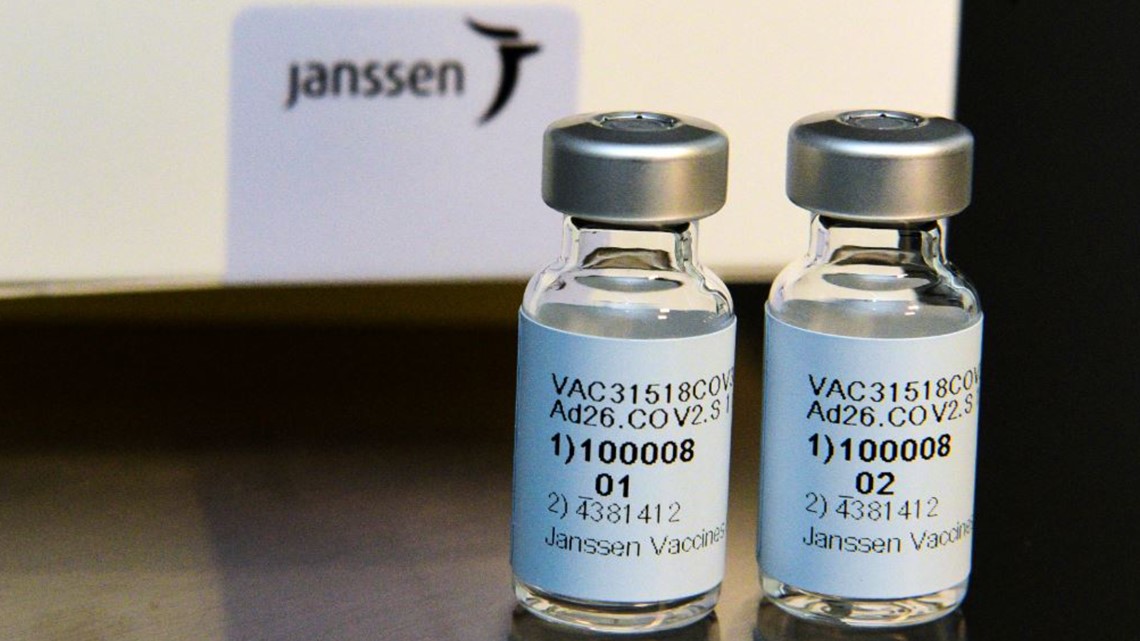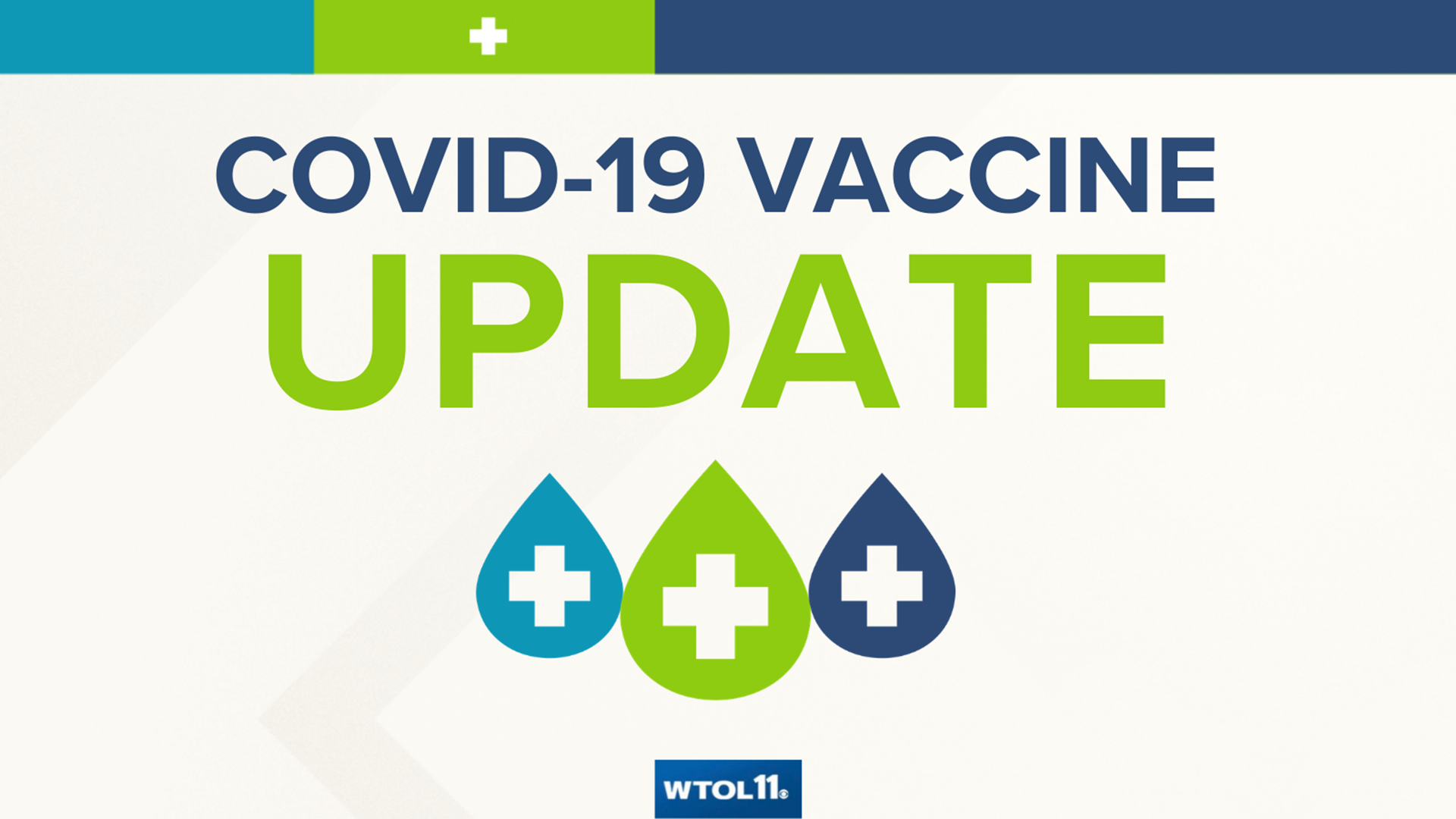TOLEDO, Ohio — As concerns grow over the coronavirus variants popping up around the world, the chorus of state voices is growing louder when it comes to the pace of vaccine distribution.
The Johnson & Johnson vaccine candidate could be the game-changer that states need in protecting their residents.
On Friday morning, J&J announced that its vaccine has a 66 percent efficacy rate against COVID-19. The rate is 72 percent in the United States, but the overall rate is lower because of its 58 percent success against emerging variants, particularly the South African variant of the virus.
Notably, however, the vaccine is 85 percent effective in preventing serious disease from the virus, including the variants. And no one who was vaccinated but then developed COVID-19 died or even was hospitalized.
JOHNSON & JOHNSON VACCINE NEXT STEPS
J&J said it is planning to submit a request next week for emergency use authorization from the FDA. In the case of Moderna and Pfizer, the advisory committee took about two weeks to study the data before holding a hearing.
After the committee recommended approval on a Thursday, the FDA approved the vaccines on Friday night and shots began the following Monday. The J&J candidate is likely to follow the same timeline, meaning it could be approved by late next month or early March.
The Pfizer and Moderna vaccines have an efficacy rate of close to 95 percent, but all three vaccines are extremely effective in preventing serious disease. When the genetic code of the virus was released in the spring, medical experts set as a goal a vaccine that was at least 50 percent effective.
By comparison, CDC data show that seasonal flu vaccines typically are effective 40 to 60 percent of the time. Some years have been less and others have led to higher protection. So while analysts were hoping for efficacy of 80 to 90 percent, the vaccine is still more effective than many vaccines.
JOHNSON & JOHNSON VACCINE ADVANTAGES
The major advantages that J&J has over Pfizer and Moderna is that it is one dose and that it is more easily stored. While Pfizer and Moderna have to be frozen, J&J can remain stable in a refrigerator for as many as three months. It will be much easier to reach rural areas with the vaccine.
Johnson & Johnson is contracted with the U.S. government to deliver 100 million doses by the end of June. That would be enough to vaccinate 100 million people, close to one-third of the U.S. population. The country needs about 75 percent of residents to be protected before developing herd immunity. A combination of the vaccines, and to some extent people who have been infected within the last 90 days, could make that possible by summer.
The pace of vaccinations is also extremely important when it comes to the variants. The United Kingdom variant took about two months to become the dominant strain. Medical experts are hoping that the vaccines can take away potential hosts before the variants are able to become firmly entrenched in the United States.


HOW THE VACCINES WORK
All three vaccines target the virus' spike protein, which allows the virus to latch onto and penetrate cells. Pfizer and Moderna use messenger RNA, wrapped inside a fatty lipid, to order the body to build a harmless version of the spike protein, which becomes recognized by the body's defenses.
The exact composition of the lipids are proprietary, but they become unstable as the vaccine is thawed. There have been many stories of spoiled doses because of storage issues.
By comparison, J&J uses a harmless adenovirus to deliver the genetic codes to trick the body into making the spike protein. The vaccine is essentially using one virus to attack another virus. It remains stable at much warmer temperatures. An adenovirus vaccine has not been approved for use in the United States. However, there is now an approved adenovirus vaccine for HIV that has been approved in Europe.
The concern with the variants is that they are morphing into a virus with a different spike protein and they appear to be able to suppress some of the antibodies that the body produces to fight off the virus. Moderna and Pfizer are looking into "reprogramming" their vaccines or even providing an additional booster shot.
But for now, the emphasis is on producing vaccines as quickly as possible to protect citizens as quickly as possible. If Johnson & Johnson's EUA is approved, it should be a true game-changer.

